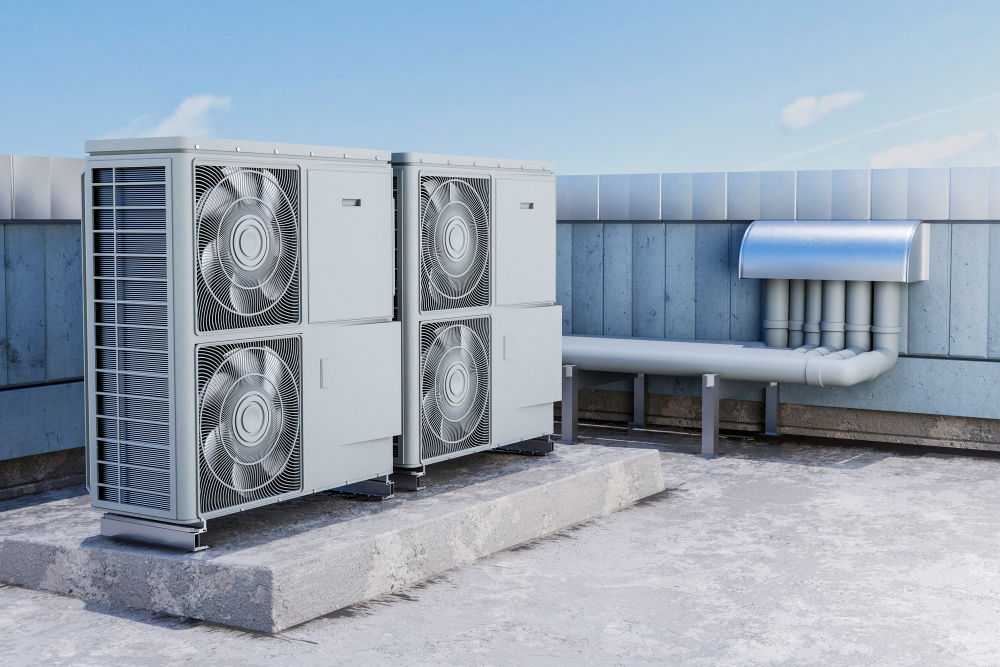The Difference Between Commercial and Residential HVAC Systems

Whether you're a homeowner or a business owner, you rely on your HVAC system to keep you comfortable year-round. Most people are familiar with residential HVAC systems, but what exactly is the difference between a residential and a commercial HVAC system? In this blog post, we'll explore the key differences between these two types of HVAC systems so you can better understand how they work.
1. Size and Capacity
One of the most significant differences between commercial and residential HVAC systems is their size and capacity. Residential systems are designed to maintain a consistent temperature in a much smaller space than commercial systems. Commercial systems, on the other hand, are designed to heat or cool much larger spaces, such as office buildings, warehouses, or shopping centers. Commercial systems generally have more powerful motors and larger compressor units to handle the increased workload.
2. Installation and Maintenance
The installation and maintenance of commercial HVAC systems also differ from residential systems. Commercial systems require professional installation due to their complexity and the need for specialized equipment. Maintenance on commercial systems also requires a more skilled and trained technician, as they must be able to work on larger and more complex systems than those found in residential properties.
3. Energy Efficiency
The energy efficiency of commercial HVAC systems is also an important consideration. Commercial buildings typically have higher energy demands due to their size and complexity. To offset this, commercial HVAC systems are designed to be more energy-efficient than residential systems, with features like variable-speed motors, programmable thermostats, and energy-efficient fans. A more efficient system can save businesses money on energy costs over time.
4. Air Quality
The quality of the air in a commercial building is also more critical than in a residential property. Commercial HVAC systems must be able to provide high-quality air, with features like air filtration and humidification and dehumidification systems. Poor air quality can harm employees' health, leading to sickness, absenteeism, and decreased productivity.
5. Cost
Finally, the cost of a commercial HVAC system is typically higher than that of a residential system. Commercial systems require more expensive equipment and more extensive installation, which can drive up the costs. However, the higher cost is often offset by the energy savings that commercial systems can provide over time.
Conclusion
So there you have it - the key differences between commercial and residential HVAC systems. Whether you're a homeowner or a business owner, it's essential to understand these differences so you can choose the right system for your needs. At Discount Air Supply, we offer a wide range of HVAC supplies in Florida, for both commercial and residential use. Contact us today to learn more about how we can help you find the right HVAC system for your property.